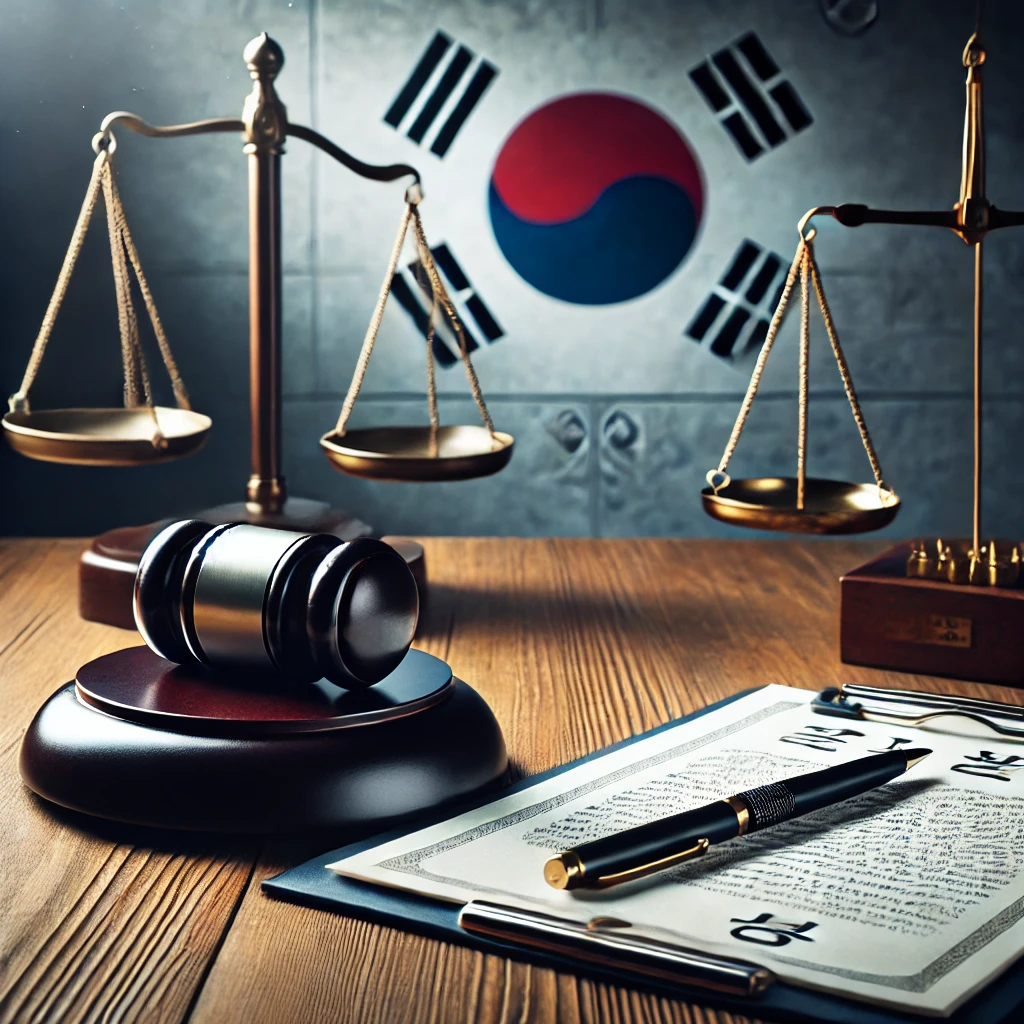“Explore the 2024 declaration of martial law in South Korea. Understand what martial law entails, the reasons behind its declaration, and its swift reversal by the National Assembly.”
Introduction
Martial law represents a critical measure invoked during times of extreme crisis, where military authority temporarily replaces civilian governance to maintain order and address emergencies. South Korea’s declaration of martial law in December 2024 attracted global attention for its abrupt implementation and rapid reversal. This article delves into the concept of martial law, the context of South Korea’s history with it, the events leading to the 2024 proclamation, and its broader implications.
What Is Martial Law?
Martial law is the temporary suspension of normal legal and constitutional frameworks, transferring authority to military leaders. It is usually enforced during severe crises such as civil unrest, invasion, or natural disasters. Under martial law:
- Civil liberties like freedom of speech and assembly may be restricted.
- Civilian courts are often replaced by military tribunals.
- The military takes over policing, governance, and infrastructure management.
While martial law is intended as a last resort to maintain order, it often raises concerns about abuse of power and long-term repercussions on democracy.
A Historical Perspective on Martial Law in South Korea
South Korea has a complex history with martial law, reflecting the nation’s turbulent political landscape during the 20th century:
- 1948 Jeju Uprising: Martial law was declared to suppress armed revolts against the government.
- April Revolution (1960): Protests against electoral fraud under President Syngman Rhee led to martial law to quell unrest.
- 1979 Coup: General Chun Doo-hwan imposed martial law to consolidate power, leading to the infamous Gwangju Uprising in 1980.
South Korea’s transition to democracy has seen reduced reliance on martial law, making its reintroduction in 2024 highly unusual.
The 2024 Declaration of Martial Law
On December 3, 2024, President Yoon Suk Yeol declared martial law, citing threats from North Korea and the presence of “anti-state elements” within the country. This drastic measure came amid heightened tensions with North Korea, which had recently intensified provocations, including GPS signal jamming and hostile rhetoric.
Key Details of the 2024 Martial Law Declaration:
- Duration: The declaration lasted just under six hours, making it one of the shortest implementations in global history.
- Reasoning: The government framed the move as essential to protect South Korea’s democratic system from destabilization.
- Political Backlash: The National Assembly convened an emergency session despite efforts by security forces to block it. Lawmakers voted unanimously to overturn the martial law declaration.
Why Was Martial Law Declared in 2024?
The exact reasons behind President Yoon’s decision remain debated, but several factors likely influenced the declaration:
1. North Korean Provocations
North Korea’s aggressive stance in late 2024 included:
- GPS signal disruptions impacting South Korean aviation and shipping.
- Increased hostile rhetoric targeting South Korea as a “hostile state” in revised constitutional language.
These developments may have prompted fears of infiltration or destabilization efforts by the North.
2. Internal Dissent
Claims of “anti-state elements” suggest concerns about internal unrest or organized opposition. However, critics argue this language might have been used to justify broader political suppression.
3. President Yoon’s Leadership Challenges
Facing declining approval ratings and political controversies, the declaration could be seen as an attempt to project authority during a tumultuous period.
The Rapid Reversal: Democracy Prevails
By early December 4, South Korea’s National Assembly took decisive action to rescind martial law. Key developments included:
- Unanimous Vote: 190 lawmakers present unanimously rejected the martial law decree【7†source】.
- Overcoming Challenges: Reports indicated that security forces tried to disrupt the legislative session, but lawmakers persisted.
- Formal Revocation: President Yoon lifted martial law around 4:50 AM, marking the end of its brief enactment.
The swift reversal underscored the resilience of South Korea’s democratic institutions and the rule of law.
Implications of the 2024 Martial Law Incident
1. Public Reaction
The public response to the martial law declaration was mixed. While some supported the government’s emphasis on national security, many viewed the move as excessive and reminiscent of authoritarian practices.
2. Impact on President Yoon’s Legacy
The declaration and its fallout have raised questions about President Yoon’s leadership and decision-making. Critics argue that the move undermined trust in his administration, while supporters believe it highlighted his commitment to national defense.
3. Global Reactions
South Korea’s international allies, including the United States and Japan, expressed concern about the potential for overreach. However, they praised the swift reversal as a testament to South Korea’s robust democracy.
4. Precedent for Future Emergencies
This incident may prompt legal and procedural reviews to prevent hasty declarations of martial law, ensuring such measures are justified and proportionate.
Lessons Learned: Balancing Security and Democracy
The 2024 martial law episode offers critical lessons for South Korea and other democracies:
- Transparency and Justification: Governments must provide clear, evidence-based reasons for invoking martial law.
- Checks and Balances: Strong legislative and judicial systems are essential to prevent abuse of emergency powers.
- Public Trust: Maintaining public confidence is crucial for the legitimacy of any emergency measure.
SEO Tips for Martial Law Content
Keywords to Include
- Martial law South Korea
- South Korea declares martial law
- 2024 martial law incident
- Korean political history
- North Korea-South Korea tensions
Additional SEO Strategies
- Engaging Subheadings: Use questions like “Why Did South Korea Declare Martial Law in 2024?” to encourage curiosity.
- Internal Links: Connect to related articles about South Korea’s history, politics, or North Korean provocations.
- Meta Tags: Optimize titles and meta descriptions with target keywords.
Conclusion
The declaration and swift rescindment of martial law in South Korea in December 2024 highlight the complexities of balancing national security with democratic governance. While the move raised concerns about potential overreach, the prompt intervention by the National Assembly reaffirmed the strength of South Korea’s democratic institutions. This incident serves as a reminder of the delicate interplay between security measures and civil liberties, urging vigilance to protect both.
By understanding the context and implications of martial law, readers can gain deeper insights into South Korea’s political dynamics and broader lessons for safeguarding democracy in times of crisis.


